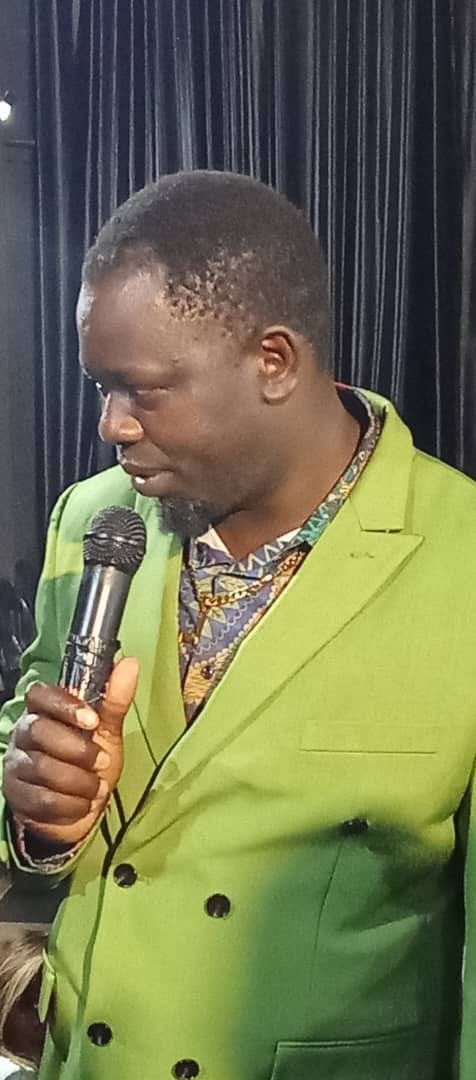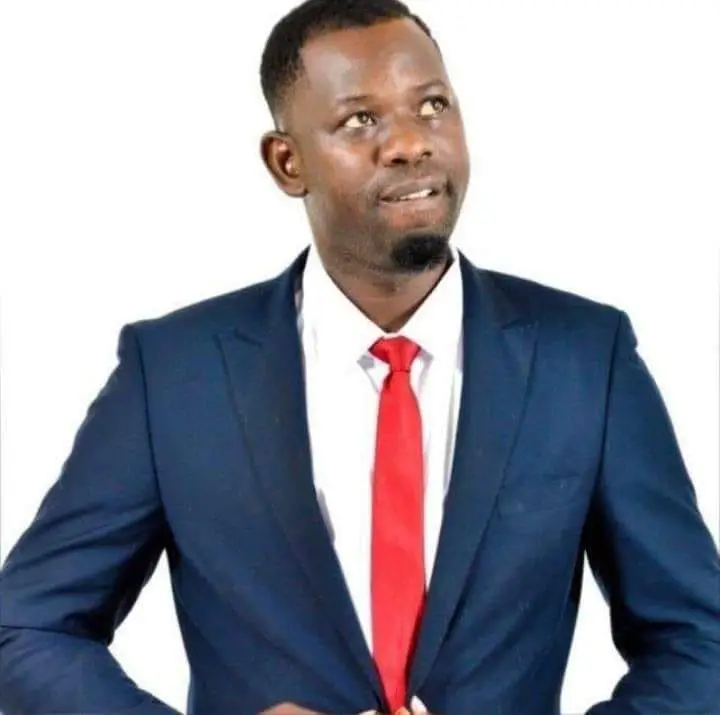
Zimbabwean prophet Obey Mukanhairi, known for his controversial and often unsettling prophecies, has sparked a fierce backlash after he predicted the death of popular Zambian musician Slapdee. Prophet Obey, who has previously gained attention for foretelling the deaths of several South African public figures, made the chilling announcement on Thursday through his Facebook page, stating: “Zambia will be mourning Slapdee shortly. This can be avoided by his personal decision to seek asylum under Jesus.”
The post quickly spread across social media, prompting an immediate reaction from Slapdee’s fans, many of whom expressed outrage at the prophet’s words. The statement not only upset Zambian fans but also raised important questions about the ethics of prophecy and the responsibility of individuals who claim to have spiritual insight.
Prophet Obey’s prophecy was met with widespread condemnation, particularly from Slapdee’s loyal fanbase in Zambia. Many fans expressed their disgust over the prediction, calling it disrespectful and irresponsible. One fan, in particular, took to social media to challenge the prophet’s focus on death rather than offering spiritual guidance. In response to Mukanhairi’s prophecy, the fan wrote, “Fire gon thunder you, why do you find it easier to prophesy death than preaching salvation? Nyo yako.”
The comment quickly garnered attention, reflecting the frustration many Zambians felt over Prophet Obey’s tendency to focus on foretelling death rather than offering positive or uplifting messages. The fan’s post criticized the prophet’s approach to prophecy, suggesting that it was more about instilling fear than providing spiritual support or guidance to those in need.
Rather than retracting or apologizing for his bold prediction, Prophet Obey doubled down on his statement. He shared the fan’s comment on his own social media page, responding to the criticism with a mix of defiance and justification. In his reply, Prophet Obey said, “I have seen insults from Zambia left, right and centre but unfortunately, if your artist doesn’t seek strong spiritual coverage, not even from me, he is gone. I will share these screenshots as I do.”
Prophet Obey continued by defending his actions, asserting that it was not a crime to warn someone of impending danger. “Is it a crime to warn someone of impending evil against him?” he asked. He further suggested that Slapdee, while enjoying widespread fame and success, was vulnerable without proper spiritual protection, adding that he should seek guidance from local “mighty servants of God” in Zambia.
In his message, Prophet Obey emphasized that his intention was to offer a warning, not to spread fear, and that his words were motivated by a desire to help Slapdee avoid what he believed to be a coming tragedy. He urged the Zambian artist to take action and seek divine protection before it was too late.
This incident has brought to light the ethical complexities surrounding individuals who claim to possess prophetic abilities. While some view prophets like Prophet Obey as divinely inspired, others question the morality of using prophecy to predict death or misfortune. Critics argue that such predictions can cause unnecessary distress and fear among individuals, particularly when they target public figures.
In Prophet Obey’s case, his track record of foretelling the deaths of prominent South African figures has contributed to his notoriety. While some of his prophecies have seemed accurate, others have been met with skepticism, leading many to question his true motivations. The latest prophecy about Slapdee has only intensified the debate over whether prophets should be held accountable for the emotional and psychological impact of their predictions.
Despite the controversy surrounding Prophet Obey’s prophecy, Slapdee has not publicly commented on the matter. However, his fans in Zambia have been vocal in their support for the artist, condemning the prophecy and defending his right to live without fear of such ominous predictions. Many have expressed confidence in Slapdee’s spiritual strength and dismissed Mukanhairi’s words as baseless.
The musician’s supporters have also pointed out that he has made significant contributions to the Zambian music industry, earning the respect and admiration of his fans. They argue that such predictions should not overshadow Slapdee’s legacy or his work in uplifting the Zambian music scene.
This controversy highlights the need for greater responsibility among individuals who claim to have prophetic gifts. While prophecy is an integral part of many religious traditions, there is growing concern over the potential harm that can result from predictions focused on death or misfortune. In the case of Prophet Obey and Slapdee, the situation underscores the fine line between offering guidance and creating fear.
As this story continues to unfold, it raises important questions about the role of prophets in modern society and the ethical considerations surrounding their actions. For Slapdee, the support of his fans will likely play a significant role in helping him navigate this difficult situation, while for Prophet Obey, it remains to be seen whether his controversial approach to prophecy will continue to resonate with his followers or alienate them.
In other news – Kelly Khumalo slams eNCA over death report mix-up
South African singer Kelly Khumalo has expressed her outrage after a mistake by South African news channel eNCA mistakenly reported that she had passed away. The confusion, which occurred on Tuesday evening, mistakenly identified Kelly Khumalo as the deceased musician, instead of fellow singer Winnie Khumalo, who tragically passed away at the age of 51 following a short illness.
The error quickly went viral, sparking significant backlash, particularly from Kelly Khumalo herself. She took to social media to voice her disgust and disappointment, calling out eNCA for the misstep and highlighting the emotional distress it caused her and her loved ones. Read More














